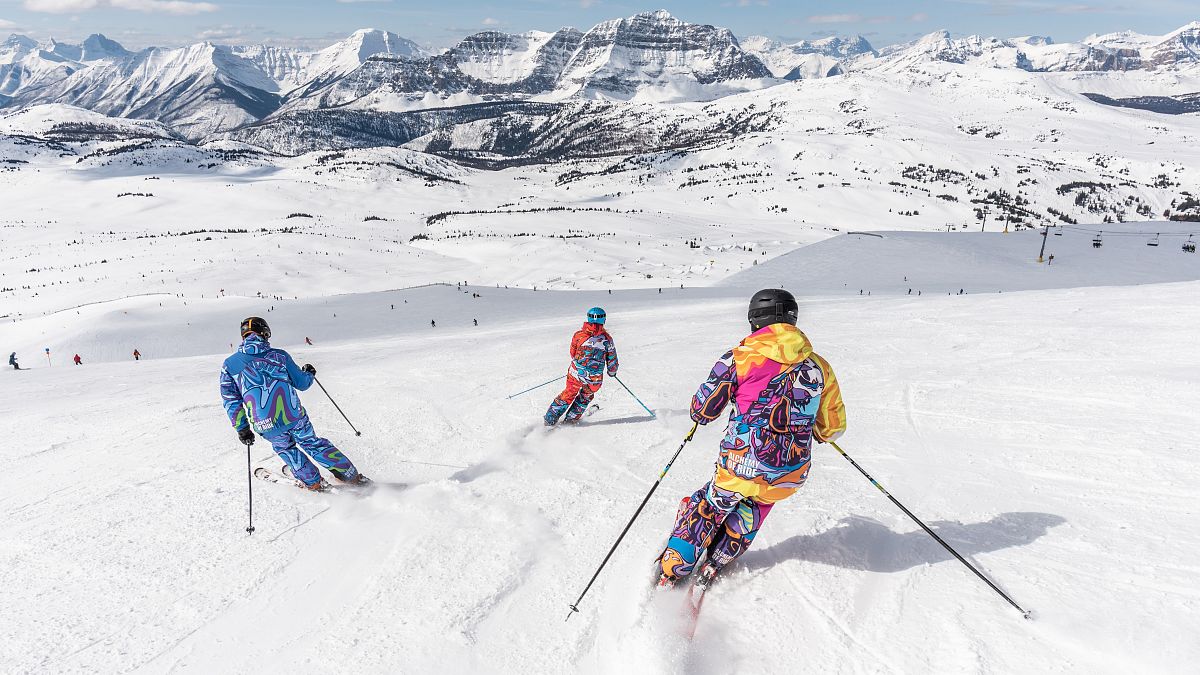Don’t be fooled by what seems like a cheap deal on accommodation or ski lessons.
While most ski holidays mean dreamy days of fresh snow and cosy chalets, every winter sees some spoiled by scammers.
As the hotspot resorts begin to open their slopes, holidaymakers will be hiring equipment, booking lessons and choosing their accommodation - and fraudsters will be waiting.
Some scams mean losing money, but others can mean risking your safety.
To make sure you slalom in between the scams this winter, here’s what to look out for and precautions to take.
Rental websites offer fake accommodation
The most common scam is rental accommodation, according to Sébastien Mérignargues, director of Avoriaz 1800 in Haute-Savoie.
“It is unfortunately a very widespread problem and occurs in all ski resorts,” he says. At Haute-Savoie, he sees around five holidaymakers per season that are tricked by fake rentals.
Scammers repurpose photos and descriptions of a property from an existing advert or combine images and information from two adverts and put them online.
The actual accommodation that a traveller reserves then turns out to be a completely different property, or doesn’t exist at all.
“Most of the time, clients receive a confirmation after paying a deposit and then everything disappears,” says Mérignargues. “The criminals use hidden IP addresses and operate from abroad, which makes it easier for them to evaporate into thin air.”
How to ensure your rental property is legitimate
In Châtel, a resort in the vast Portes du Soleil ski area, the town hall has set up an accommodation identification system, assigning each property a 13-digit number.
Landlords must register on the platform before advertising their accommodation.
“As soon as an owner wants to place an ad, he is asked for this identification number. If he enters a fake one, we receive a notification,” explains Tiffany Vulliez, at Châtel town hall.
In Avoriaz, a similar system is in place. “There was a spike in these kinds of scams three years ago,” says Mérignargues.
“If it has calmed down a little since then, it is because all the stations have developed techniques to stop this phenomenon and because the media has raised public awareness.”
You can also consider booking with an agency. “Going through agencies that have exclusive properties is a guarantee,” says Florence Chone, marketing and communications director at rental agency Cimalpes.
“Just like knowing that there are agents on site, who will welcome you and hand you the keys.”
Why you should be wary of abnormally low prices
Another precaution holidaymakers should take is not to be lured by what seem like very good deals.
“Always be wary of prices abnormally below those of the market,” says Mérignargues. “Furthermore, if an owner asks for a deposit, or even the entire rental price by transfer, you should be cautious.”
Watch out for fake ski instructors
Another common scam is people posing as ski instructors and offering their services online. Advertisements praise the expertise of an instructor and offer two or three bogus testimonials.
In some cases, they charge the traveller in advance. On arrival, the instructor is nowhere to be found.
“We get one or two people per season for this type of scam. In general, we manage to find a recognised instructor for a few hours of lessons here and there,” reassures Mérignargues.
Alternatively, skiers may book and take several hours of lessons with an instructor who, unbeknownst to them, is not qualified.
“These courses are run by someone who has not received state authorisation to practice. It usurps the profession,” warns Jean-Marc Simon, general director of the National Union of French Ski Instructors (SNMSF).
This kind of scam can come with serious consequences. “It’s dangerous. Skiing is practised in a specific environment which is not without risk and which requires qualifications,” he emphasises.
"If there is an accident for which they are responsible, the victims may find themselves without means of obtaining damages and compensation during appeals.”
To make sure your ski instructor is a qualified professional, Simon advises booking through a company or school which offers guarantees "in terms of staff, insurance, professionalism and transparency."



